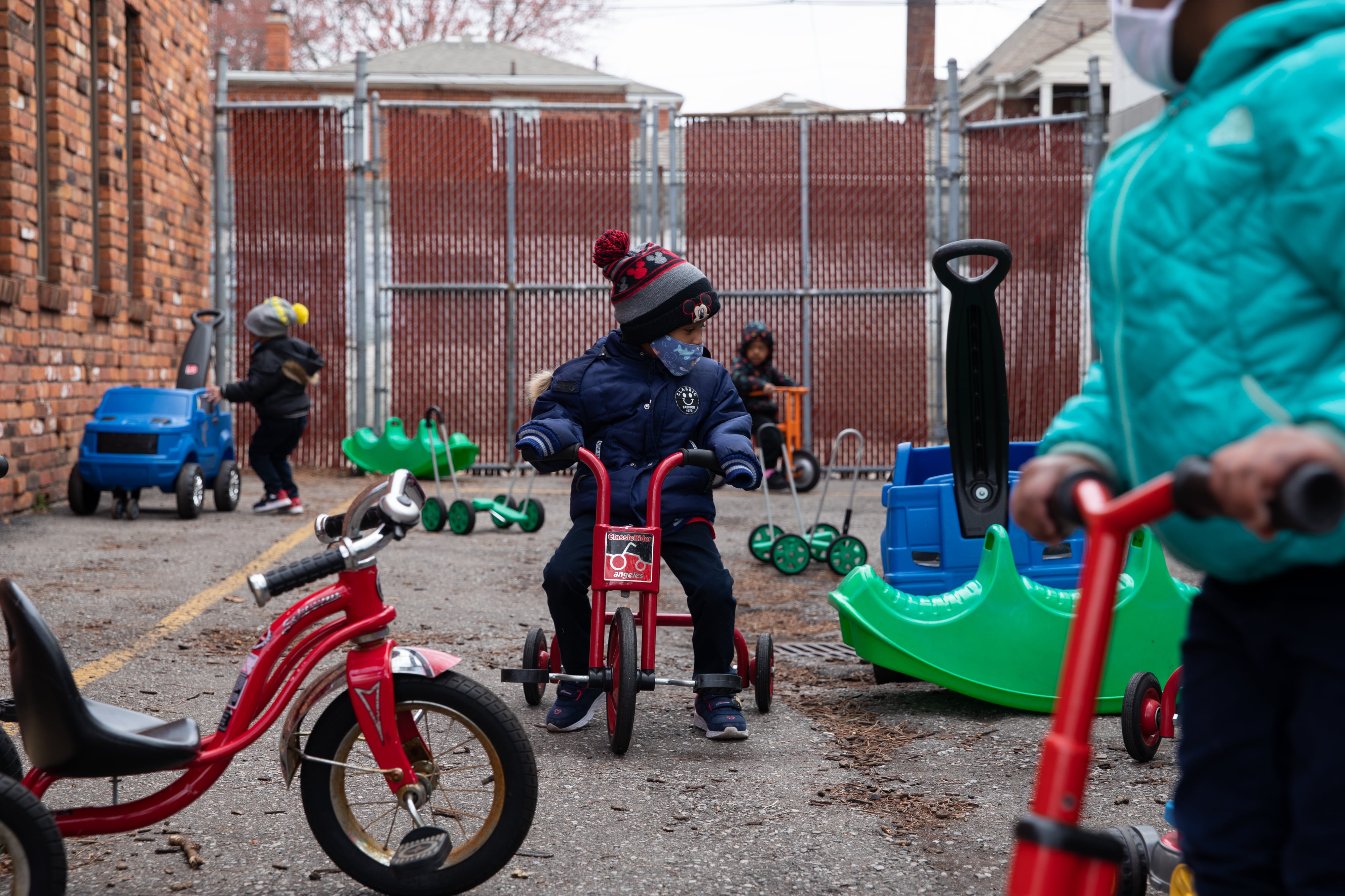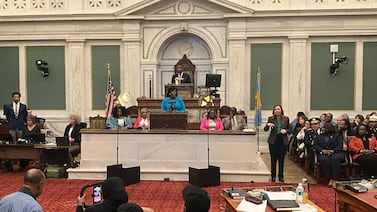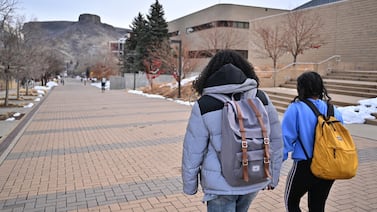Gov. Gretchen Whitmer aims to help open or expand 1,000 child care programs by 2024 using $100 million in federal COVID aid.
The state plans to invest in child care buildings, educator training, and startup grants.
When Whitmer and state lawmakers reached a deal last year to spend $1.4 billion in federal aid to support the state’s child care system, they agreed to use the majority of the funds to pay providers more and make more families eligible for state-subsidized care.
As hundreds of child care providers shut down during the pandemic, state leaders also set aside $100 million to address structural issues such as extremely high rates of teacher turnover, a shortage of appropriate buildings, and a thicket of red tape that made finding a building for a child care center or opening a new business difficult.
Whitmer’s plan lays out a plan for spending those funds, and marks the first step toward distributing the dollars via grants.
“This is exciting because we’re thinking more at a system level about how the pieces fit together,” said Denise Smith, implementation director for Hope Starts Here, a Detroit-based early childhood initiative, referring to Whitmer’s plan.
There are 7,915 child care programs in Michigan, according to data from the Early Childhood Investment Corporation, a nonprofit that contracts with the state to help run the child care system. That’s down from 8,187 roughly a year ago. These programs can range from centers that serve dozens of kids to home-based programs that serve six or fewer.
“Lack of child care options means families are forced to leave the workforce, work fewer hours, or piece together child care options that don’t work very well for their family,” Whitmer said in a statement on Monday. “That doesn’t work for kids, families, or employers.”
The initiative will be divided into four parts:
- $51.1 million to renovate and build child care facilities;
- $23 million for startup grants to help new providers get up and running before they open;
- $11.4 million to recruit, train and retain early educators, including a $4 million apprenticeship program for early educators; and
- $14.3 million to speed up a licensing process that many providers say is onerous, and to help providers assess market demands, identify facilities, create a business plan, and comply with health and safety rules.
Koby Levin is a reporter for Chalkbeat Detroit covering K-12 schools and early childhood education. Contact Koby at klevin@chalkbeat.org.







